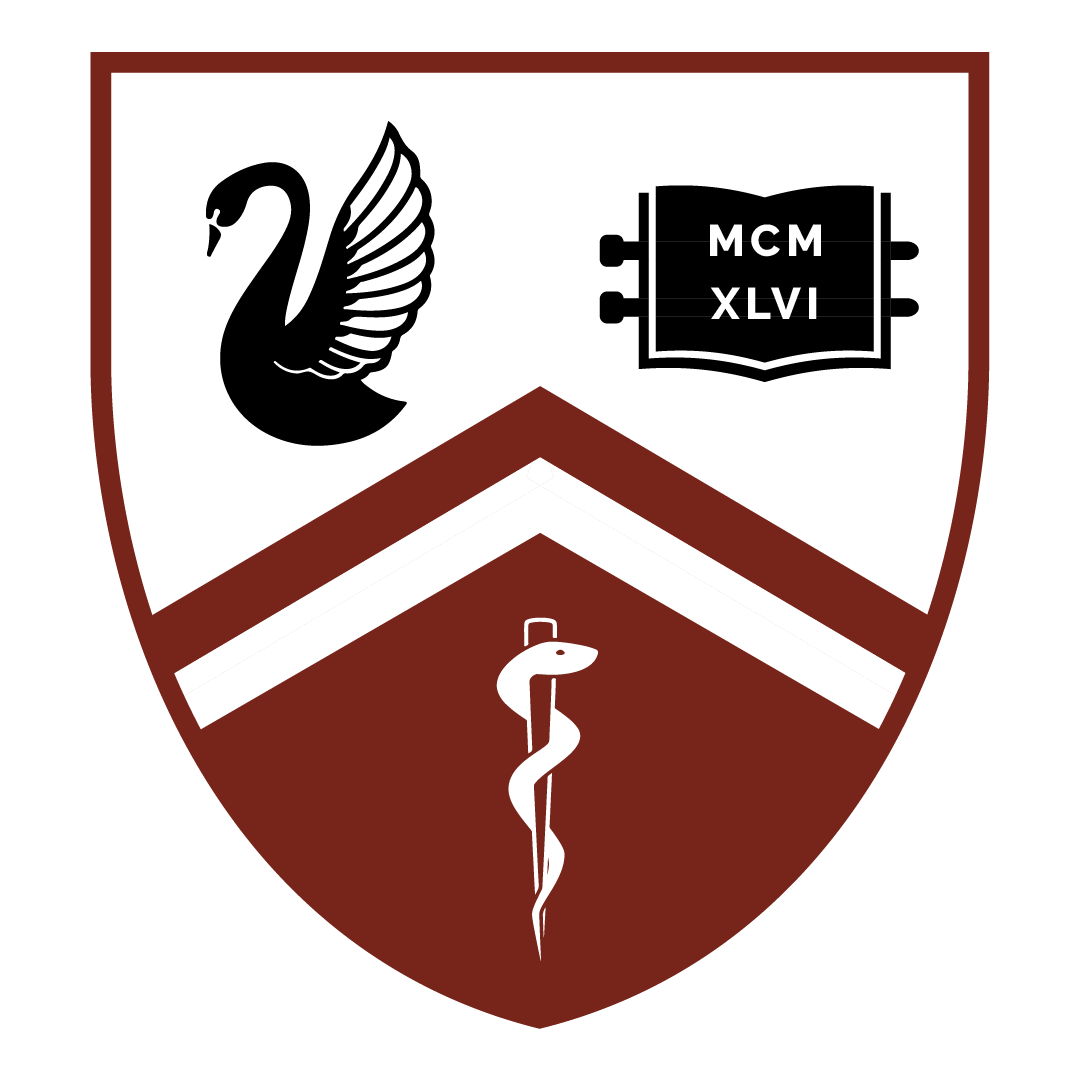By Jayna-Lee Garratt – Interhealth Co-chair
For many of us, HIV screening is something that we would willingly undergo as part of a routine STI check. With a 0.1 in 100 000 diagnosis and notification rate, chances are we would receive a negative test result, which would then be filled away along with years of medical records, never to have any bearing in the scheme of our lives.
But what if there was a 1 in 4 chance that you would be tested as HIV-positive? What if all you knew about HIV was that everyone you knew who suffered from it had died, and that it was as good as a death sentence? What if you would be ostracised from your community, from your family, if you received a positive test result? Would taking a HIV test still be something that you were so blasé about?
In parts of sub-Saharan Africa the prevalence of HIV is up to 25%, and yet despite being so common, HIV is surrounded by a stigma that discourages people from disclosing their HIV status to sexual partners, from using barrier contraception and from consenting to HIV screening, ultimately reinforcing the cycle of infection. Ethically speaking, an autonomous patient is required to provide informed consent before HIV testing is performed. In Australia this principle would not normally disputed. However, in sub-Saharan Africa it often seems that maintaining patient autonomy may have a high cost: the patient’s health, and in many cases, life. So what happens in reality?
In Iringa, a regional town in Tanzania, the principle of informed consent effectively goes out the window. Iringa has the highest prevalence of HIV in Tanzania, with 16% of the population infected with HIV. Considering the high infection rate, combined with the predisposition of HIV-positive individuals to a range of opportunistic infections, it is not unreasonable to expect that a significant proportion of patients admitted to the infectious diseases ward will in fact be HIV positive. With limited diagnostic equipment available, knowledge of a patient’s immune status can provide doctors with essential diagnostic cues, allowing for the timely administration of appropriate treatment for opportunistic infections, as well as a more accurate indication of the patient’s prognosis. There is also the obvious benefit of commencing long term antiretroviral therapy. When knowledge of a patient’s HIV status can be so integral to their medical management, the principle of informed consent is, in practice, somewhat undermined. Consequently, many patients are screened for HIV, having refused the test, and sometimes, I suspect, without even being asked for consent.
This is further complicated when considering a pregnant woman who refuses screening for HIV. Without intervention, there is a 15-25% risk of vertical transmission of HIV during pregnancy. However, this can be decreased to 2% through the provision of antiretroviral therapy to both the mother during pregnancy and to the neonate within four hours of delivery, which will only be administered, of course, if the mother’s HIV status is known. In that case, does that mother have the right to make a decision that will have an undeniable impact on the future of the child, and for that matter, contribute to the current burden of HIV orphans on Tanzanian communities and infrastructure? Or should the responsibility to conduct testing and administer treatment lie in the hands of the doctor, without the requirement of truly informed consent?
The problems do not stop here. Tanzania is a poverty endemic country, with 33.4% of the population living below the national poverty line. Furthermore, it is those people living in poverty who are at the greatest risk of HIV infection. With infant formula costing the equivalent of the minimum urban wage, it is these same poverty-stricken mothers who have no choice but to breastfeed their children, further increasing the risk of transmission by 5-20%. This brings the total risk of HIV transmission during the pregnancy and postnatal period up to 20-45%.
So how can we avoid these ethical dilemmas? The answer is simple: education. People need to be educated about the myths surrounding HIV, about the potential for HIV-positive people to live a long, relatively healthy life, about the importance of seeking regular health care, and about the ability of treatment to transform the course of the disease. People need to feel safe from discrimination in utilising HIV screening and treatment services.
We need to start breaking down the stigma that has been created by decades of misinformation surrounding HIV. Aside from the medical benefits of open discussion about HIV, it would begin to allow people to feel more comfortable disclosing their HIV status with their sexual partners and initiating the use of barrier contraception. Furthermore, lessening the stigma would lead to improved family support for HIV-positive people, enabling them to live a more fulfilling and normal life, and potentially decreasing the burden of HIV orphans on the system.
It is not as simple as throwing money into HIV screening and treatment for these endemic areas. While greater resources doesn’t go astray, if we really want to alleviate the burden of HIV we need to address the other barriers that stand in the way to access to HIV screening services, to appropriate medical care and to timely antiretroviral treatment.
Image: ‘Jayna, Sarah and Vicky outside Iringa Regional Hospital in Tanzania’ by Jayna-Lee Garrat available at http://www.flickr.com/photos/98316718@N07/10377694846/ under a Creative Commons Attribution 2.0. Full terms at http://creativecommons.org/licenses/by-nc-sa/2.0/